I didn't realize how wrong I was until I stumbled upon this website: Langkawi-gazette
Excerpt from the page:
The rainforest – once going into decline, can not recreate itself, because the Butterflies will be missing
What have the Butterflies to do with it ?
Here we have to know two things: Langkawi has such a big number of species of Butterflies (340) because his rain forest has such a huge number of different plants and trees. Each specie of butterfly is dependent upon a certain kind of plant or a certain kind of tree and in return helps this plant or tree to fertilize its seeds.
Once a species of Butterfly is extinct, because there were no more trees of a certain kind to sustain it, the seeds of the remaining trees of this specie will not be fertilized anymore: a downward spiral.
Simply counting the species of Butterflies immediately shows if a forest is untouched and in good shape (with many kinds of trees), or if it has already declined to a near mono culture of only a few species of trees left.
That’s why the Butterflies are so important, because Butterflies (and the Moths) are the ones who fertilize the seeds of the trees in the flowers on the top of the crown. This is not done by Bees or Wasps or any other insects, it’s done by the Butterflies
Here's to all the beautiful butterflies out there!
Lime butterfly, Papilio demoleus

Great Orangetip butterfly (Hebomoia glaucippe). Selangor, Malaysia.
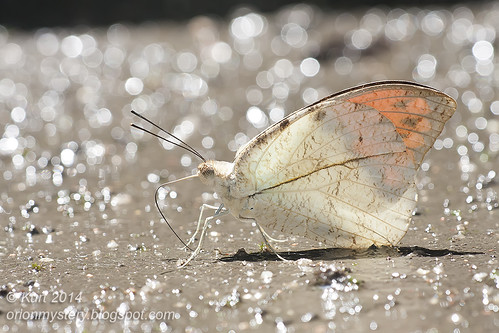
Green Dragontail butterfly (Lamproptera meges meges - ID credit: Lc Goh ). Sabah (Borneo).
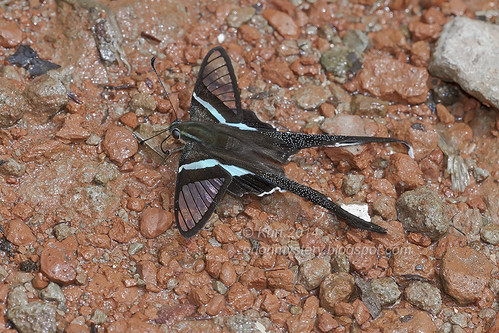
Delias cinerascens cinerascens. ID credit: Les Day.
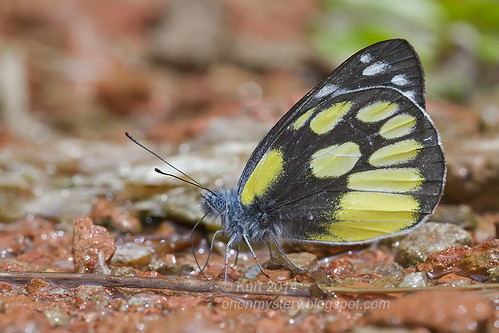
A small congregation of Rajah Brooke's birdwing butterflies (Trogonoptera brookiana) at a salt lick.
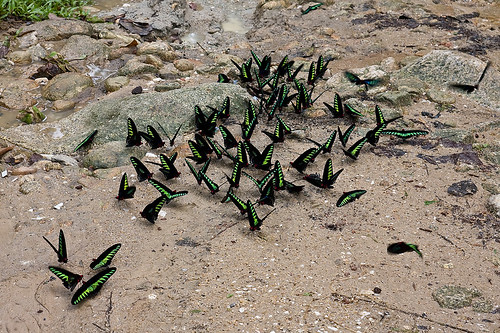
A bunch of puddling Rajah Brooke's birdwing butterflies (Trogonoptera brookiana ssp. albescens). Can you spot the two odd ones out?

Odd ones: One is Great Mormon. And one top maybe Red Helen or Black and White Helen.
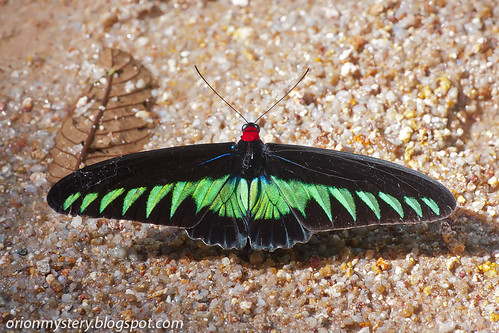
Koh-I-Noor, Amathuxidia amythaon dilucida
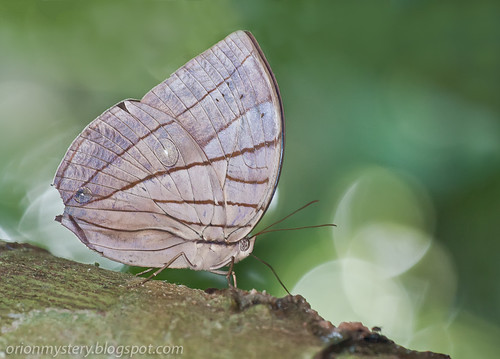
Dark Jungle Glory, Thaumantis noureddin noureddin
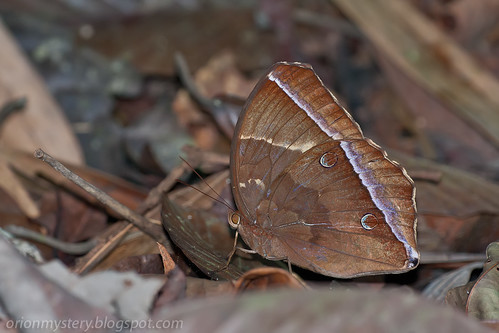
The Leaf Butterfly (Kallima limborgii amplirufa)
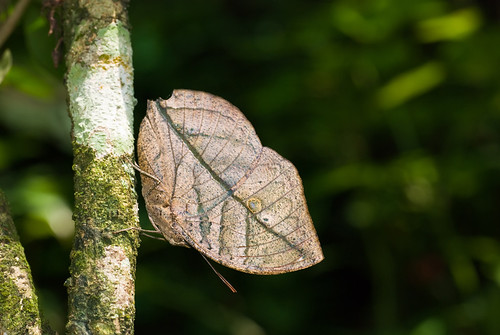
Giant Saturn, Zeuxidia aurelius
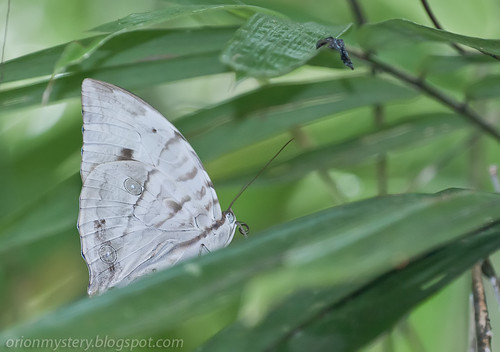
Blue glassy tiger, Ideopsis vulgaris macrina
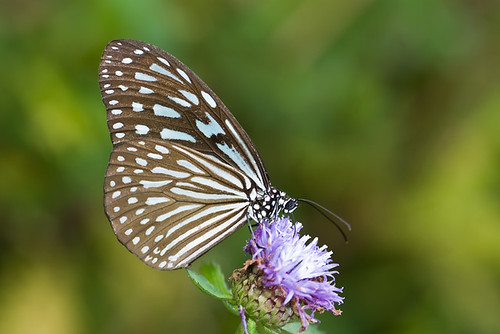
Royal Assyrian, Terinos terpander robertsia

Club Silverline, Spindasis syama terana

Magpie Crow (Euploea radamanthus radamanthus)

Pirdana hyela rudolphii (Green-striped Palmer) - ID credit: Loke Peng Fai, Jerome Chua. Selangor, Malaysia.
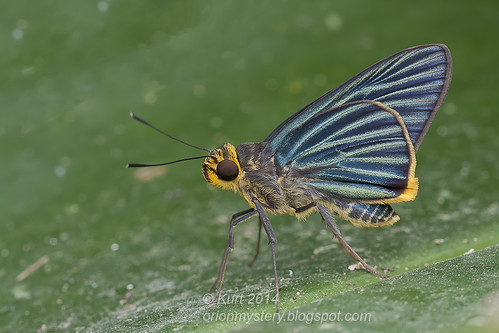
Vindula dejone erotella (The Cruiser)
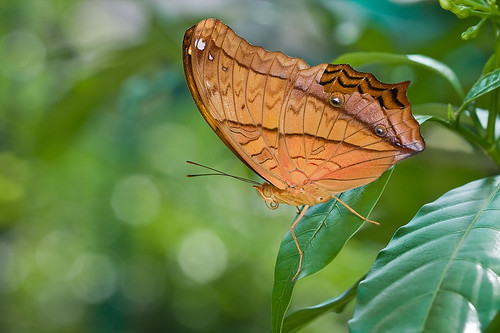
Allotinus horsfieldi
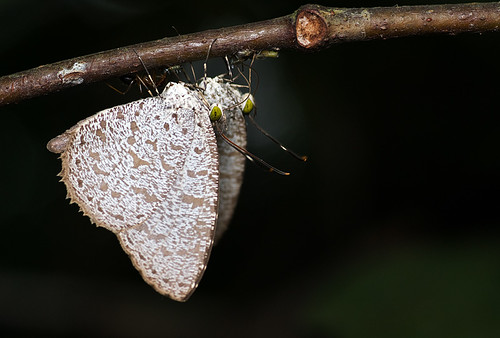
Lesser Harlequin (Laxita thuisto thuisto)

Malay Red Harlequin (Paralaxita damajanti damajanti)

Harlequin, Taxila haquinus haquinus
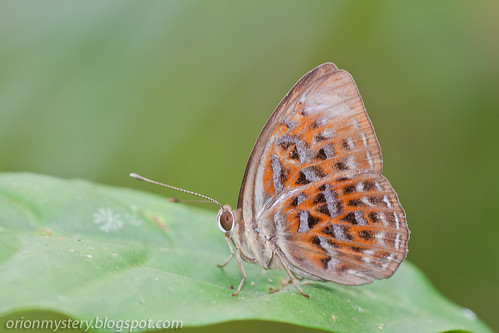
A really faded Yellow Flash (Rapala domitia domitia)

A male Horsfield's Baron (Tanaecia iapis puseda)

Faunis gracilis

Lesser Darkie (Allotinus unicolor unicolor) trying to mate at night?
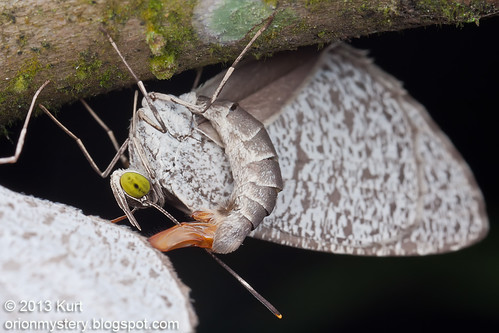
Callidulida - Callidula sp. moth

The Plush, female (Sithon nedymond nedymond)

Common Imperial (Cheritra freja frigga)
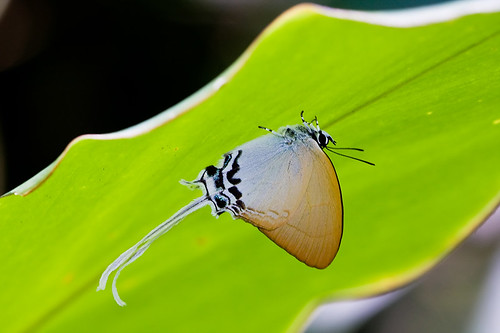
Common Imperial (Cheritra freja frigga)

Branded Imperial butterfly (Eooxylides tharis distanti)and an ant.
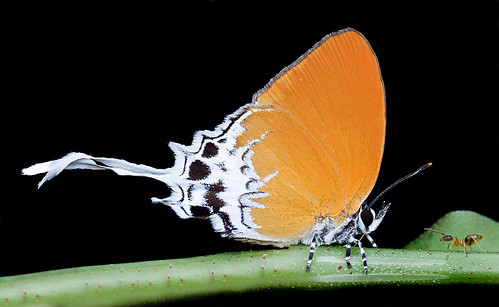
Closer

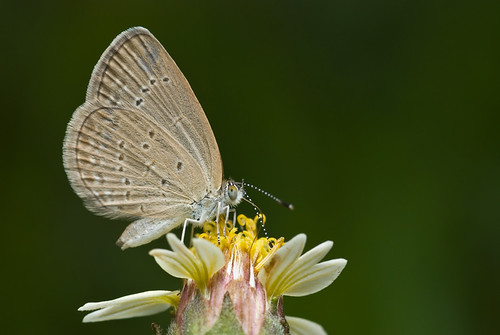
Found this one sleeping at night.

Polyura hebe plautus (Plain Nawab)

Hypolimnas bolina jacintha (Jacintha Eggfly)
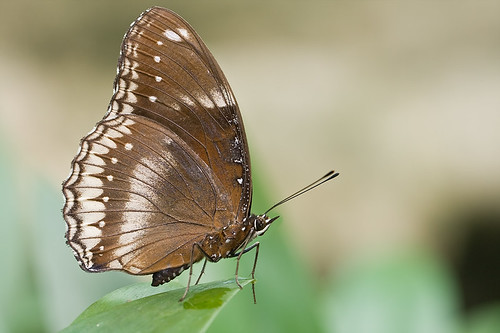
Ideopsis gaura perakana (Smaller Wood Nymph)
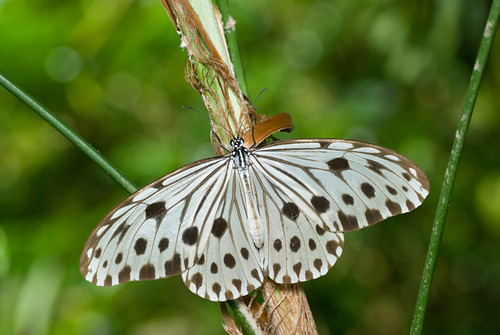
Yellow Glassy Tiger butterfly (Parantica aspasia aspasia)
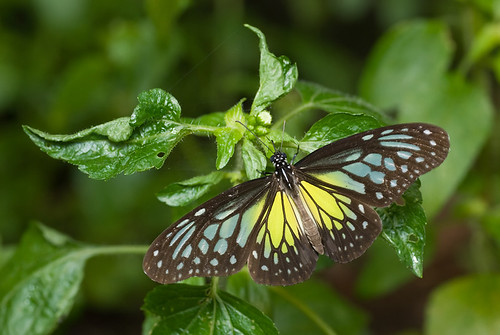
Zizina otis lampa (Lesser Grass Blue) butterfly
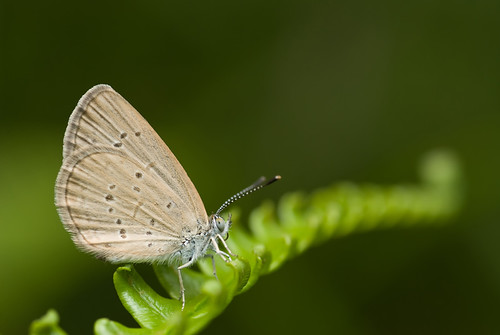
White dragontail
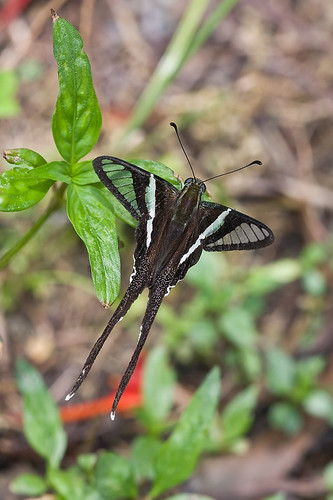
Tanaecia iapis puseda..Horsfield's Baron
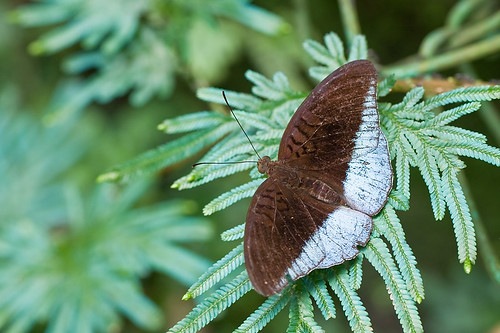
Skipper butterfly Taractrocera ardonia lamia
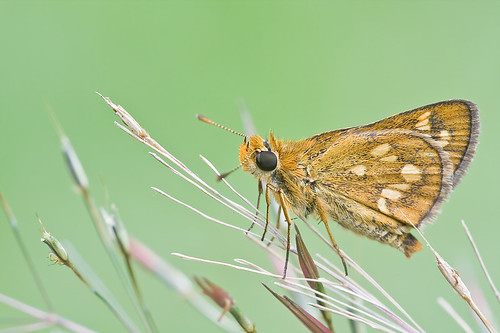
Yeoman butterfly, Cirrochroa malaya calypso

Yellow glassy tiger
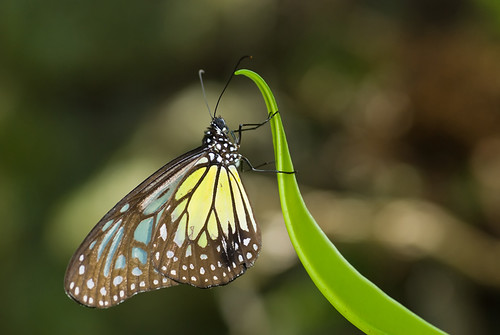
Black Helen butterfly, Papilio nephalus albolineatus

Tufted king butterfly, Charaxes bernardus crepax
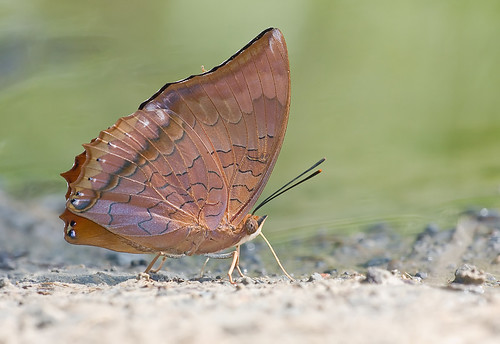
The Malayan Albatross butterfly
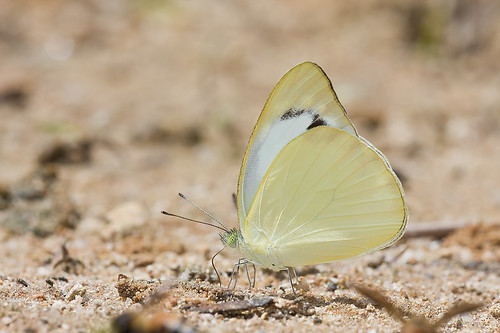
Likely an Arhopala ammonides chunsu
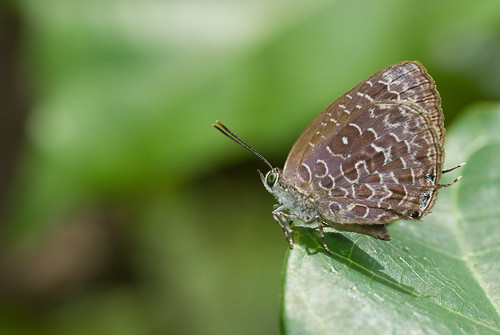
Mating pair of Sailors on my finger, not sure of the exact sp.,


More bugs porn here.
Malayan Owl (Neorina lowii neophyta)

Agatasa calydonia calydonia (Glorious Begum)

If you would like to learn more about butterflies and butterfly photography, I highly recommend that you check out the Butterfly Circle. Also check out my buddy LC Goh's great collection of butterfly images!
Please watch this short clip: The Butterfly's Tale
the butterfly's tale;
Swarms of butterflys were once widespread across our countrysides, but now you will be lucky to see one or two...
The decline is due to Industrial agriculture, the loss of 97% England's natural grasslands and wildflower meadows, the increase of motorways and urban development plus climate change which brings new predators and diseases..
Butterflys are essential eco system pollinators benefiting both agriculture and medical science for its plant derived medecines, as well as being sensitive indicators of environmental change.
The last species extinct in Britain, the Large Blue (Maculinea Arion)(d.1979) was re-established in the 1980's by Professor Thomas, who stated "What is bad for butterflys is bad for all species -- including our own''.
( http://www.butterflyworldproject.com/ )
Other Species recently extinct in the UK; Mazarine Blue (d.1904) Black-Veined White (d.1925) & Large Tortoiseshell(d.1970's). Currently 1/3 of only 435 species in Europe are under threat...
Around the world the Large Copper of Ireland, Giant Swallowtail of Jamaica, Atewa of Ghana, American Silverspot and Apollo of the Alps have also become extinct.
In The USA the Monarch butterfly now faces drastic reductions following destruction of their milkweed seeding plant by biotech agricultural chemicals.
On a brighter note, in 2008 Sir David Attenborough the BBC's Natural history broadcaster launched a £25m conservation project to reverse this disaster. Butterfly World, has 250 species flying in its dome, and also hosts extensive gardens and meadows to attract native British species.
( http://www.butterflyworldproject.com/ )
To save the butterfly, plant suitable nectar producing plants, the best are the Buddlea, Ice-plant, Lavender, Michaelmas Daisy and Marjoram.
Caterpillars also need feeding so plant Holly and Ivy in sunny positions where they can grow tall and flower, & keep the Stinging Nettles as these are home for the Comma, Small Tortoiseshell and Red Admiral butterflys.
Original Poem the butterfly's tale c. Celestial Elf 2011.
( http://celestialelfdanceoflife.blogspot.com/2011/04/butterflys-tale.html )
very beautiful Butterflies Master Kurt! can't believe simply by counting butterflies it tells so much story of a forest!
ReplyDeletethanks for sharing Master Kurt =)
Good one ...appreciation is the in thing ...caused all were created with purposes..
ReplyDeleteThanks for sharing
BTW, Happy Chinese New Year
Thanks JW and Ash. Glad i stumbled upon that page. Now i appreciated butterflies more, and of course the rain forest too.
ReplyDeleteAwesome! I have just got the canon 100m L lens and the 430exII flash. Can't wait to get out and take some pics when the weather gets a bit warmer :)
ReplyDeleteThanks, Lou. The 100L is an awesome lens for natural light macro/closeup. You will love it! I reviewed the IS effectiveness in this post: http://orionmystery.blogspot.com/2010/07/testing-is-of-canon-100mm-f28.html
ReplyDeleteThanks Elf. Wonderful clip. I hope you don't mind if i share it in this post. Thanks.
ReplyDeleteI only wish i could take photos like these.... beautiful http://fromlandscapestoladybirds.blogspot.com/
ReplyDelete